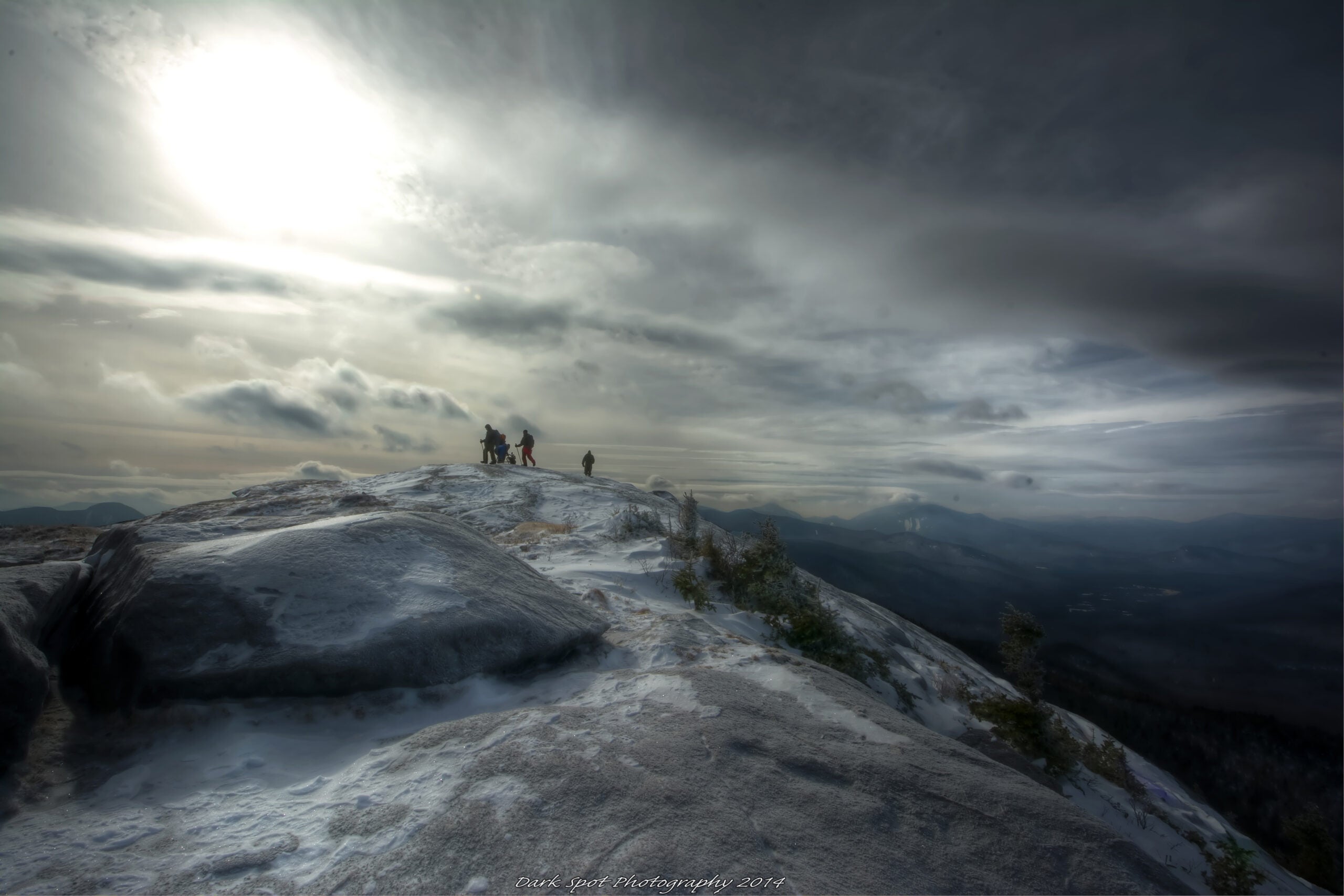New York’s Governor Wants to Run Roughshod Over the Adirondacks. We Just Stopped Him.
Earthjustice just notched a big win in the multi-pronged fight to keep motorized vehicles out of Adirondack Park’s most pristine areas.

This page was published 8 years ago. Find the latest on Earthjustice’s work.
As we continue our fight against Trump’s recent decision to slash the size of two national monuments in Utah, Grand Staircase-Escalante and Bears Ears, Earthjustice attorneys are battling a number of other attempts across the country to undermine our public lands.
Recently, we got a big win in one of America’s oldest and largest parks – New York’s 6-million-acre Adirondack Park.
There, Gov. Cuomo’s (D-NY) administration is pushing an avalanche of proposals to open up remote, pristine areas of the park to motor vehicles, despite the fact there is currently motorized access to more than half of the public lands in the park.
The fight over access to the Adirondacks certainly isn’t new. After all, the park was first created in 1892 amid concerns over widespread deforestation of this diverse landscape of mountains, lakes and rivers. But though a small but vocal crowd has long pushed for more motorized access in the park, Cuomo is the first governor of either political party to actively undermine the park’s wilderness protections. These safeguard not only the land and water but also the wildlife within it, including moose, loons, black bears, bald eagles and several rare and endangered species such as the spruce grouse.
Luckily, the Cuomo administration hasn’t had much success in running roughshod over these remote areas, thanks in part to Earthjustice attorney Chris Amato. He’s been working with groups like the Adirondack Wild: Friends of the Forest Preserve and Protect the Adirondacks!, which have been at the forefront of these fights for years, to push back against these blatantly illegal proposals.
“The whole reason why these areas were classified as ‘wilderness’ or ‘primitive’ in the first place was because they provide outstanding opportunities for solitude and primitive recreation,” says Amato. “Motor vehicles simply don’t belong in these areas. There was also a recognition that the resources in these areas cannot withstand the impacts from people bombing through in ATVs, 4-wheel drive vehicles, and snowmobiles.”
One proposal by the New York State Department of Environmental Conservation involved constructing a road that would have, for the first time ever, provided year-round public motor vehicle access to the Raquette-Jordan Boreal Primitive Area. Located in the northwest region of the park, the 12,000-acre area is home to sensitive and rare lowland boreal ecosystems composed of species including the palm warbler, gray jay, blackbacked woodpecker, boreal chickadee, yellowbellied flycatcher and olive-sided flycatcher. The Primitive Area also contains three pristine rivers protected under the state’s Wild, Scenic and Recreational Rivers System Act.
Earthjustice’s Amato submitted comments on behalf of our clients opposing the agency’s plan. We argued that the department had not adequately evaluated the impacts of motorized access and that its proposal to open up this area would be inconsistent with its primitive designation.
“These areas are meant to be untrammeled,” says Amato, who adds that the state’s primary responsibility is to manage these areas to protect their natural resources. “That means you walk in on your own two feet or paddle into it. There have to be at least a few wild places where it’s not just a drive-through experience.”
After Amato submitted the letter, the DEC withdrew its proposal, marking the first victory in this multi-pronged fight to keep these areas free from motorized intrusion.
“We made it clear in the letter that the numerous legal problems with the proposed road construction made litigation almost certain if they went forward with this proposal,” says Amato. “They were hoping to just steamroll these proposals through, but the fact that we challenged them has given them pause.”
Established in 2008, Earthjustice’s Northeast Office, located in New York City, is at the forefront of issues at the intersection of energy, environmental health, and social justice.